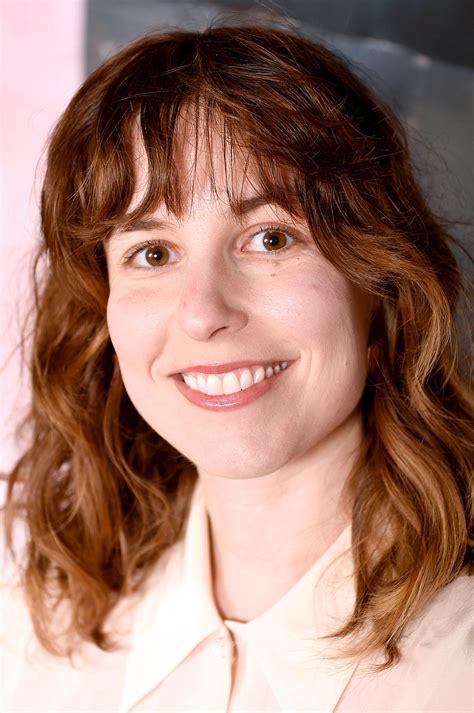A Quote by Mike White
If I have a male protagonist, it's a studio movie, and if it's a female protagonist, it's an indie movie. That's just how it is. It's not about the studios. It's about America and who goes to see movies. Women are interested in men and women, and men aren't interested in the woman's story. They just aren't.
Related Quotes
We need more female directors, we also need men to step up and identify with female characters and stories about women. We don't want to create a ghetto where women have to do movies about women. To assume stories about women need to be told by a woman isn't necessarily true, just as stories about men don't need a male director.
Internationally and in foreign markets, movies starring women don't make as much money as movies starring men. And then you can blame filmmakers, especially in comedy, which is my bread and butter, because it's become a bit of a boys' club over the years. With the boys in charge you get these takes on women which are either the girlfriend or the mean wife or the girl who appears in a romantic comedy. You're just getting either men's fantasies about women or what they think is the reality about women instead of men just having a healthy attitude about women.
You can't do a movie without villains. You have to have something for the heroines or anti-heroines to be up against, and I wasn't going to contrive some monstrous female, but even if this were the most men-bashing movie ever made-let all us women get guns and kill men-it wouldn't even begin to make up for the 99% of all movies where the women are there to be caricatured as bimbos or to be skinned and decapitated. If men feel uncomfortable in the audience it is because they are identifying with the wrong character.
A lot of people started asking me about this woman director thing, which I never thought about before. And I'd never really thought about how there aren't really many female directors. I knew it, but I'd never really sat down and thought about the implications of that, and what it meant for a woman to make a movie, and how it's viewed differently when a woman makes a movie about women.





































